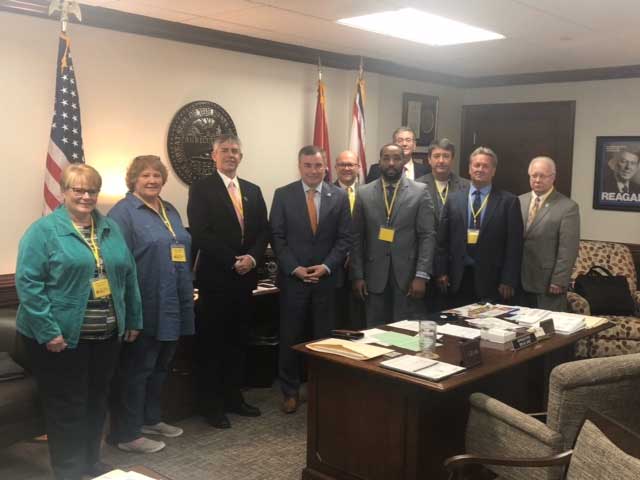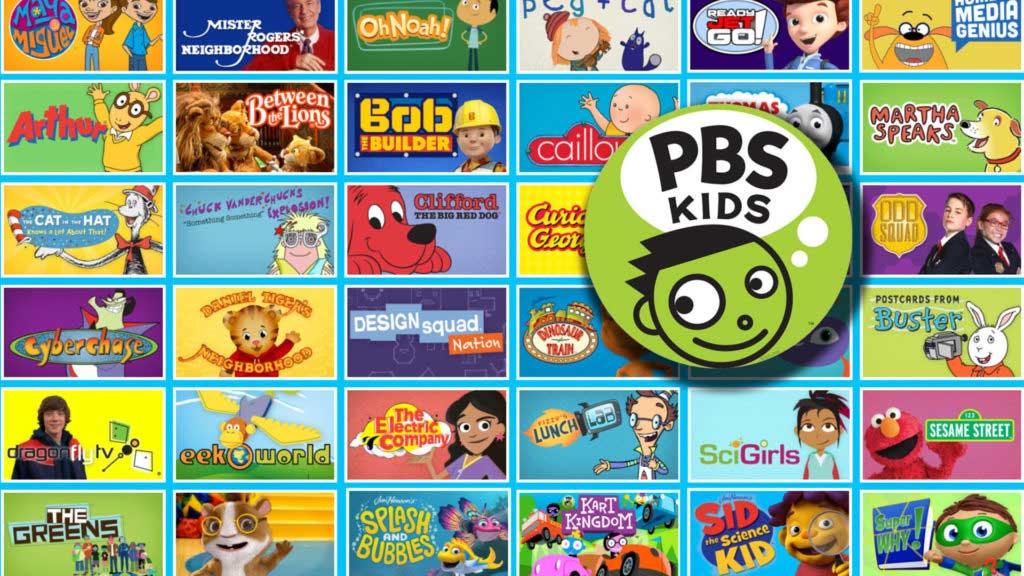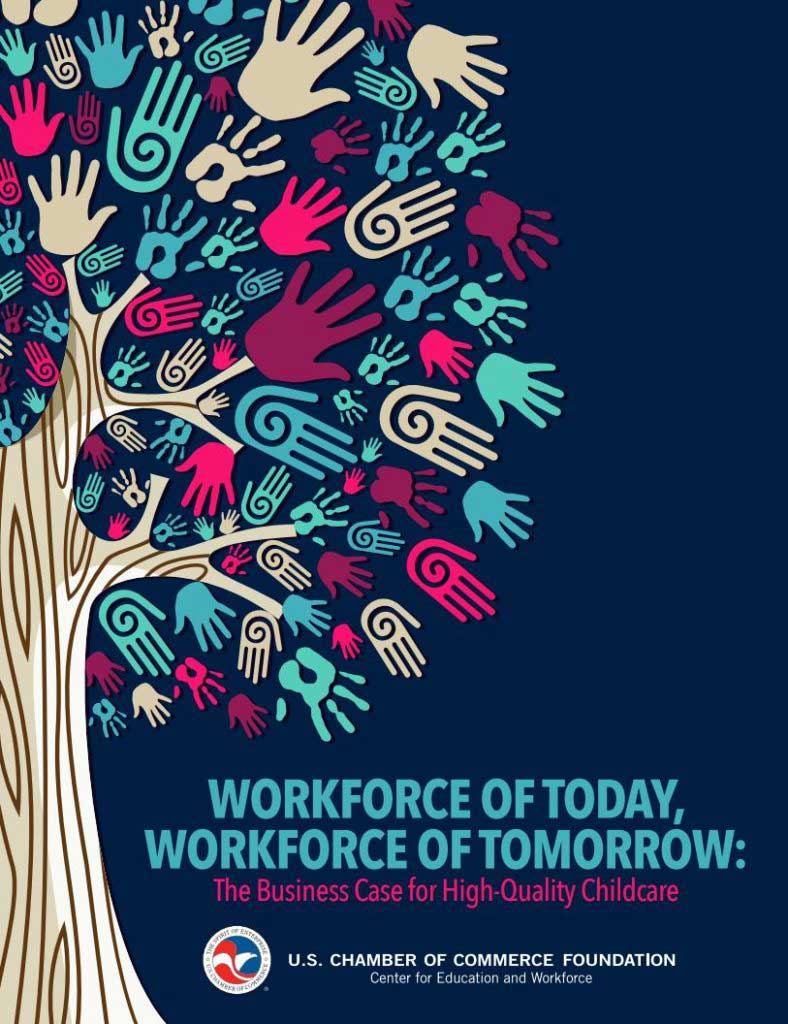As Tennessee and other states nurture the reopening of their economies, a growing child care crisis poses extreme challenges for working parents and employers. With many school systems remaining closed this fall and nearly half of all child care centers now closed as well, working parents of young children face high-pressure decisions about how they…
» Read MoreYearly Archives: 2020
Parents Scramble as Child Care Teeters on Brink of Collapse
Child care has always been vitally linked to economic productivity. Working parents need child care services to support their efforts to earn a living for their families and provide a stable, nurturing environment for their precious children. That the national and Tennessee economies are critically dependent on a fully functioning child care system is a…
» Read MoreTQEE Mayors Coalition Keeps Growing – Now 120+
With Tennessee’s underperforming public education system (most students are not proficient in reading or math) posing a threat to our state’s economic future, a growing number of mayors are working together to expand and improve early education. Formed in 2018 by TQEE, the Mayors Coalition now numbers about 120 strong, representing communities that span from…
» Read MoreSummer Learning At Home with PBS
As students step into summer and cap off the end of a disrupted school year, mitigating the proverbial “summer slide” is all the more important. To make sure that the educational gains made over the year are sustained and strengthened over the summer, the Tennessee Department of Education (TDOE) has begun the second phase of…
» Read MoreTri-Cities Educator Says Pre-K Waitlist Shows Need is Great
Especially in difficult economic times, expanding access to Tennessee’s Voluntary Pre-K (TN-VPK) program makes good sense. The reason is simple – TN-VPK works: Plus, TQEE’s survey shows Tennesseans – Republicans and Democrats – are united in support Pre-K: Tennessee’s voluntary Pre-K program at present is limited to about 40 percent of eligible 4-year-olds. TQEE supports…
» Read MoreU.S. Chamber Makes the Business Case for High-Quality Child Care
In its publication, Workforce of Today, Workforce of Tomorrow: The Business Case for High-Quality Child Care, the U..S Chamber of Commerce Foundation does one of the best jobs we’ve seen of articulating the case for state investment in affordable, high quality child care across the nation and right here in Tennessee. Here are excerpts from…
» Read MoreKnox Co. Schools In-Home Learning Model: Q&A with Dr. Beth Lackey
Web-based education has become the new normal for school districts across the state, as teachers and students transitioned to remote learning models to curb the spread of COVID-19. While this transition has enabled teachers and students to utilize technology in new ways, it’s also highlighted the need for greater access to online learning materials for…
» Read MoreNew Report: TN PreK Quality Improves Again
Tennessee now meets 8 out of 10 quality standards benchmarks that evaluate the effectiveness of preschool education programs, according to The State of Preschool 2019 report issued by the National Institute for Early Education Research (NIEER). This ranking comes as a result of successful policy changes that enabled Tennessee to meet the Continuous Quality Improvement…
» Read MoreTN Dept. of Human Services Offers COVID-19 Assistance to Families
To help Tennessee parents serving essential workforce roles during the COVID-19 pandemic, the Department of Human Services (TDHS) has established payment assistance and network of temporary care locations to make child care services free during the state’s emergency order. Tennessee workers in essential jobs – including first responders, food service, law enforcement, health care military…
» Read MoreTN Teachers Face the Challenge of COVID-19: Q&A with Jill Ramsey, Putnam County Schools
Teachers across the state have been transitioning to remote learning models as a result of school closures caused by COVID-19. To support students and families during this period, school districts across the state ramped up “distance learning” by expanding web-based education, mobilizing technology resources for needy students and creating a new relationship between teachers and…
» Read More










